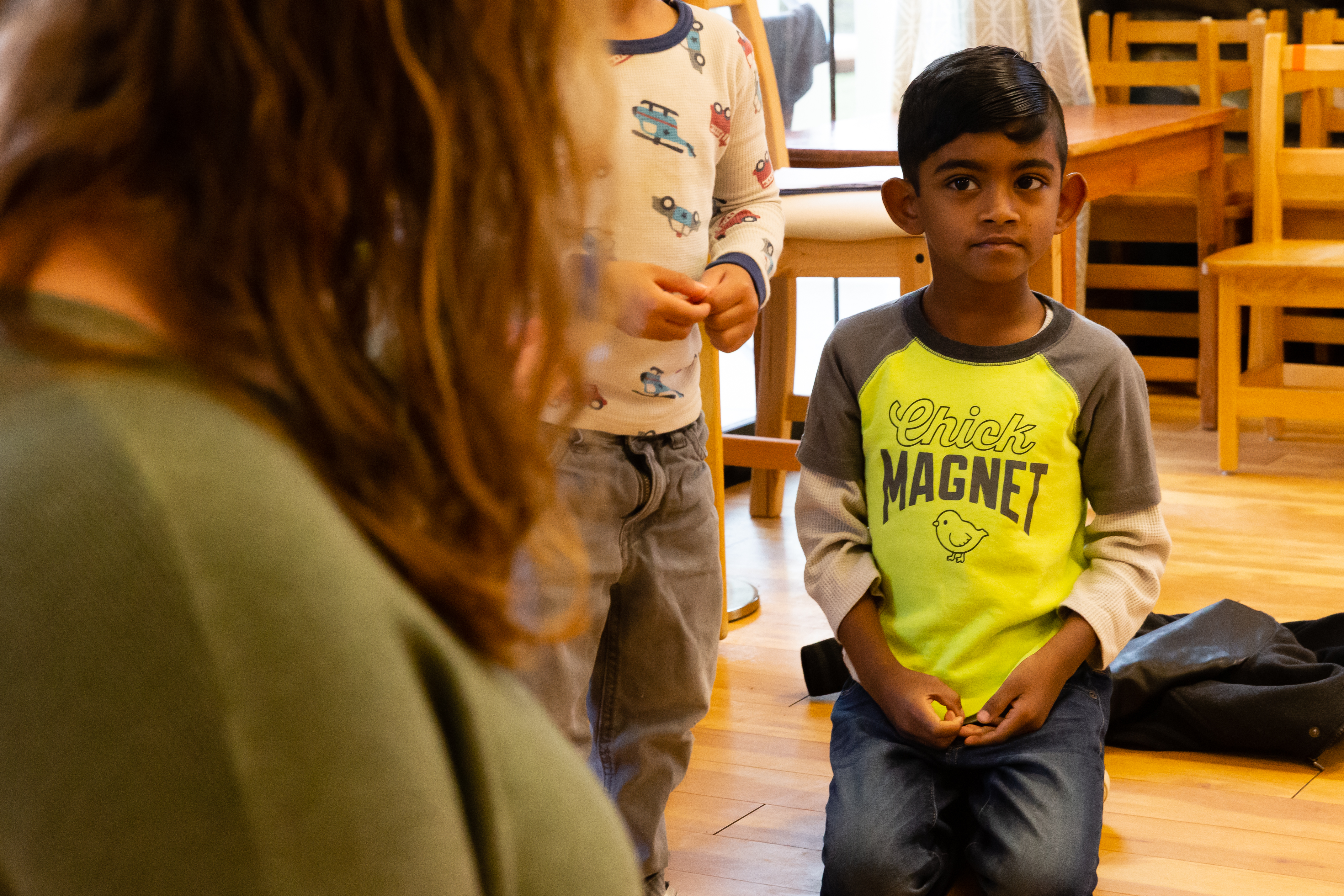(858) 759-0631
As a parent and a teacher, I believe that sometimes we need to pause and look at our actions and our boundaries when it comes to parenting and disciplining our children.
I am happy to say that some of the other teachers and I attended a workshop that was offered by LMS recently on "Positive Discipline." It was very informative to us all! I’d like to forward a few notes to all of you on this topic.
"Tell me and I forget. Teach me and I remember. Involve me and I learn." – Benjamin Franklin
One thing to know is “Encouragement is more important than any other aspects of child-raising. The child's needs continuous encouragement just as a plant needs water." (Rudolph Dreikurs, Psychologist) in other words positive acknowledgment and believe in one's capabilities from a loving adult is vital for growing emotionally healthy children.
Make encouraging, not discouraging comments:
“Let’s do that together.”
“Can you climb up one more step?”
“How can this be fixed?”
Offer non-verbal encouragements:
Winks, high-fives, smiles, eye contact, head nods, (or create your own secret signal), can be another way to say, “I see you and I am acknowledging the healthy choices you’re making.”
How do we discourage children on daily basis?
When we say, "You’re too little to do that." No, don't touch that, you'll drop it." “You can't.”
Unfortunately, we do point out the errors and bad decisions of our children to throughout the day in order to inspire them to do better. “Don’t climb that; it's not safe." “It'll be way faster if I do it for you."
These comments are discouraging. Our unconscious daily comments can squash our child’s attempts at trying new things, taking risks, figuring things out and learning from mistakes. In order to try again with better results, children may begin to think "what's the use” or “I can't ever do it right.”
Here are a few positive discipline tools:
Listen: children will listen to you after they feel listened to.
1. Stop and just listen.
2. When the child is finished, ask if she or he is willing to hear you.
3. After sharing. focus on a solution that works for both!
Winning cooperation: children feel encouraged when they think you understand their point of view.
1. Express understanding from a child's feelings.
2. Show empathy without condoning.
3. Share a time when you have felt or behave similarly.
4. Share your present feelings.
5. Focus on solutions together.
Validate feelings:
1. Allow children to have their feelings so they can learn they are capable of dealing with them.
1. Don't fix, rescue, or try to talk children out of their feelings.
2. Validate their feelings: "I can see you are really (angry, upset, sad)."
3. Have faith in children to work it through.
Mirror:
Having children that you observe is often enough to motivate change.
1. "I noticed you dropped your trash on the ground."
2. I see you left the ball behind when you run in from playtime."
3. Simply observing shows faith in the ability to figure out what needs to be done.
Follow Through:
If you say it, mean it and if you mean it, follow through.
1. If you say, "I will need to ask you to find somewhere else to play if you continue to throw rocks" and he/she continues to throw rocks, direct them to another play area. Be encouraging by saying, "you can try again tomorrow."
One word:
Avoid lecturing and nagging. Use one word as a kind reminder. When agreements are made together in advance, one word is often all that needs to be said:
- "Ball" (for ball left on the field)
- "Trash" for trash left on the ground.
- "Hands" for keeping hands to themselves.
-"Walk" for walking.
Miss Nadia, Cricket Teacher

